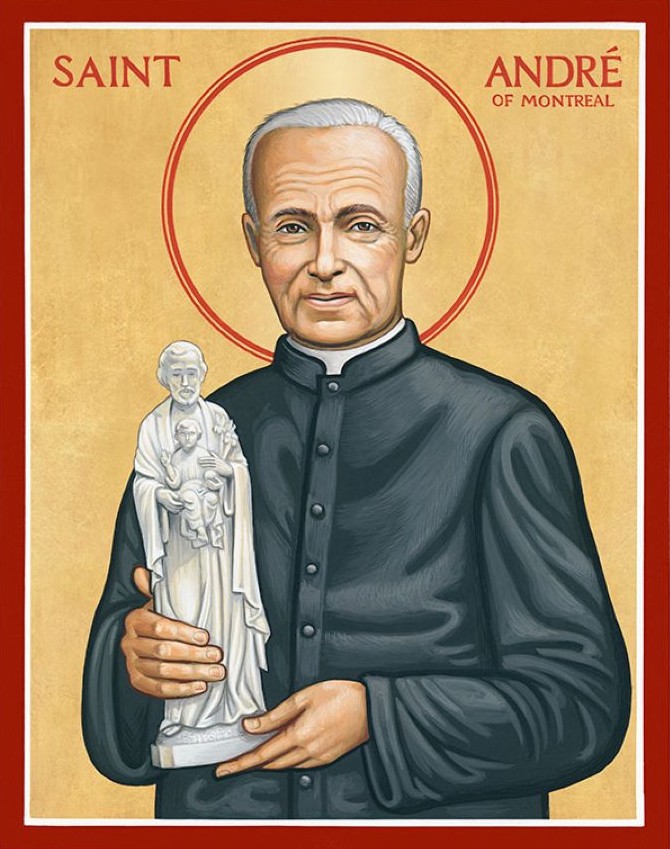Saint Edith Stein


Facts about Saint
- Feast Day is August 9th
- Patron of Europe (co-patroness); martyrs; converts; loss of parents.
Biography
St. Edith Stein (1891–1942), also known by her religious name Teresa Benedicta of the Cross, was a Jewish-born philosopher who became a Catholic Carmelite nun and martyr. A brilliant academic, Edith earned a doctorate in philosophy and was a protégée of Edmund Husserl. Though raised in a devout Jewish family, she experienced a loss of faith in her teens. Her search for truth led her to read the autobiography of St. Teresa of Ávila, which sparked her conversion to Catholicism in 1922. Edith’s intellectual prowess and faith combined in works on empathy and phenomenology, and she taught and wrote extensively. In 1933, as Nazi persecution intensified (especially against Jews), she entered the Carmel of Cologne, taking the name Teresa Benedicta of the Cross to signify being “blessed by the Cross.” For safety she was transferred to the Carmel in the Netherlands, but after the Dutch bishops protested Nazi racism, Edith and her sister Rosa (also a convert) were arrested in retaliation. They were deported to Auschwitz, where Edith Stein died in the gas chamber on August 9, 1942, offering her life in solidarity with her people and as a witness to Christ. Pope John Paul II canonized her in 1998 and named her co-patroness of Europe. She is remembered for her profound writings uniting faith and reason, and for her ultimate sacrifice, a “martyr for love” who sought to unite herself to the sufferings of Christ for the salvation of others.
Famous Quotes
“Do not accept anything as the truth if it lacks love. And do not accept anything as love which lacks truth.” – St. Edith Stein